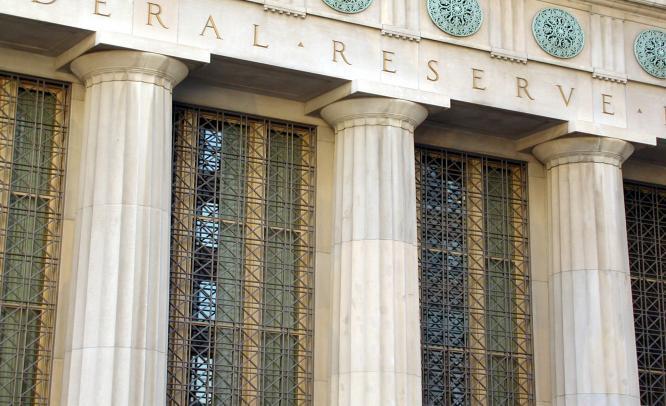Hike by the world’s de facto central bank confirms that we’re in a new era of higher inflation and higher interest rates
Nigel Green
March 16, 2017: The US Federal Reserve raised interest rates for the second time in three months on Wednesday. It was prompted to do so by strong jobs data, and forecasts that inflation is heading towards its target.
This rate rise by the world’s de facto central bank confirms that we’re in a new era of higher inflation and higher interest rates. Investors will now need to position themselves accordingly.
Rates are beginning to normalise. Whilst it may take a couple of years or so to get there, when they do, the global economy will look very different to how it does today.
With this shifting landscape, investors now need to ask themselves three key questions.
First, is my portfolio truly diversified? Having a well-diversified portfolio is one of the fundamentals of successful investing, but alarmingly, and for a myriad of reasons, many investors are simply not adequately diversified. This puts them at risk and means they are likely to miss out on opportunities.
Being truly diversified across asset classes, sectors and geographical areas, and not trying to be too smart with sector or regional bets, is perhaps more important than ever. The traditional interrelationship between sectors and regions has diminished since President Trump took office. A lot will be riding on which way the greenback heads and, crucially, which policies are green-lit by Congress.
Second, am I prepared for dollar swings? In the short term, higher Fed rates will attract overseas capital into the US, especially to those sectors, such as energy and financials that will most likely benefit from Trump’s policies. On the flip side, emerging markets will become less attractive because a strong dollar makes interest and repayment more costly in local currency.
However, the strength of the dollar might weaken again in the coming months. The markets are pricing in three hikes in 2017 – I think it will be two, which would result in a fall back of the greenback later in the year.
And third, am I prepared for inflation? The American economy might not have a serious issue with inflation now, but we can be almost sure inflation is going to creep up on us.
Investors need to keep some powder dry in preparation for this time as their dollar-buying power will be hit when it finally arrives.
Investors who answer these questions honestly and then take affirmative action will find that they do not need to accept lower returns in this new era of higher rates and inflation.
Nigel Green is the founder and CEO of deVere Group

